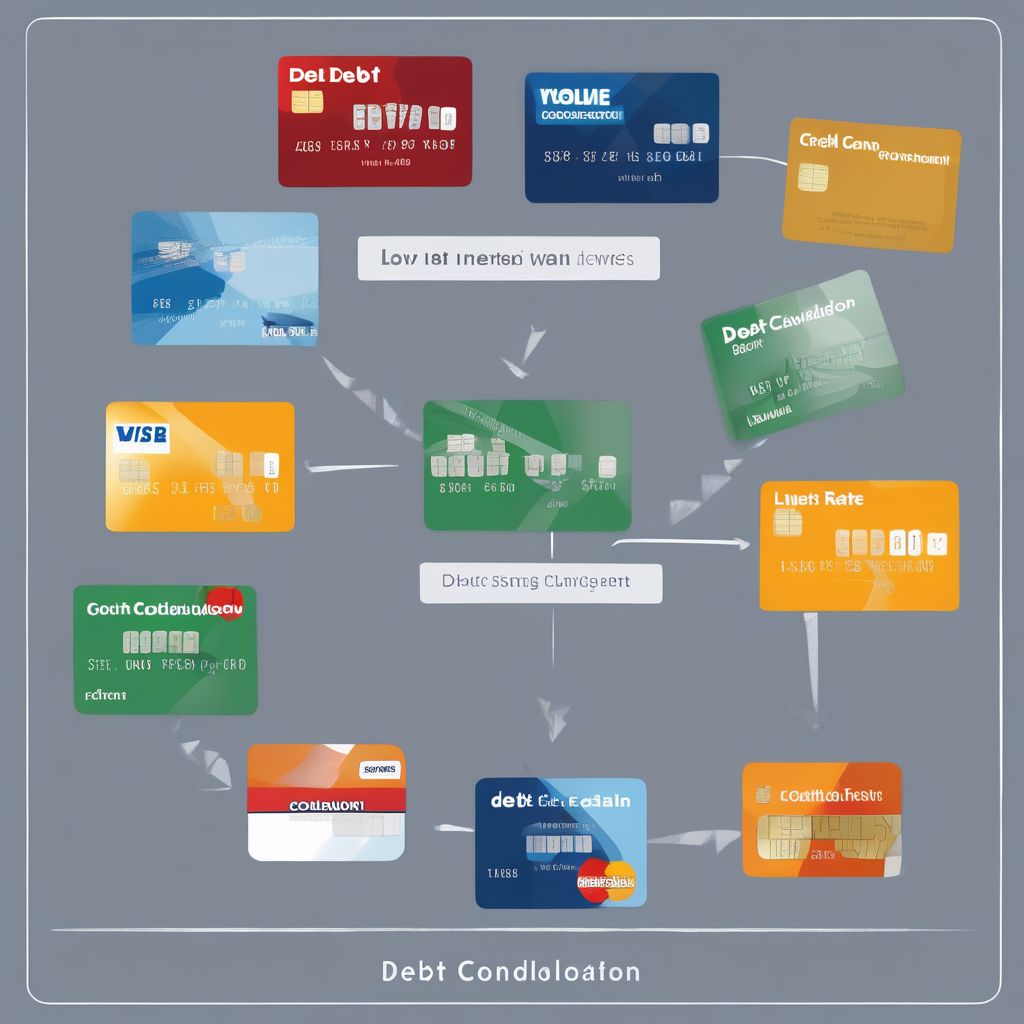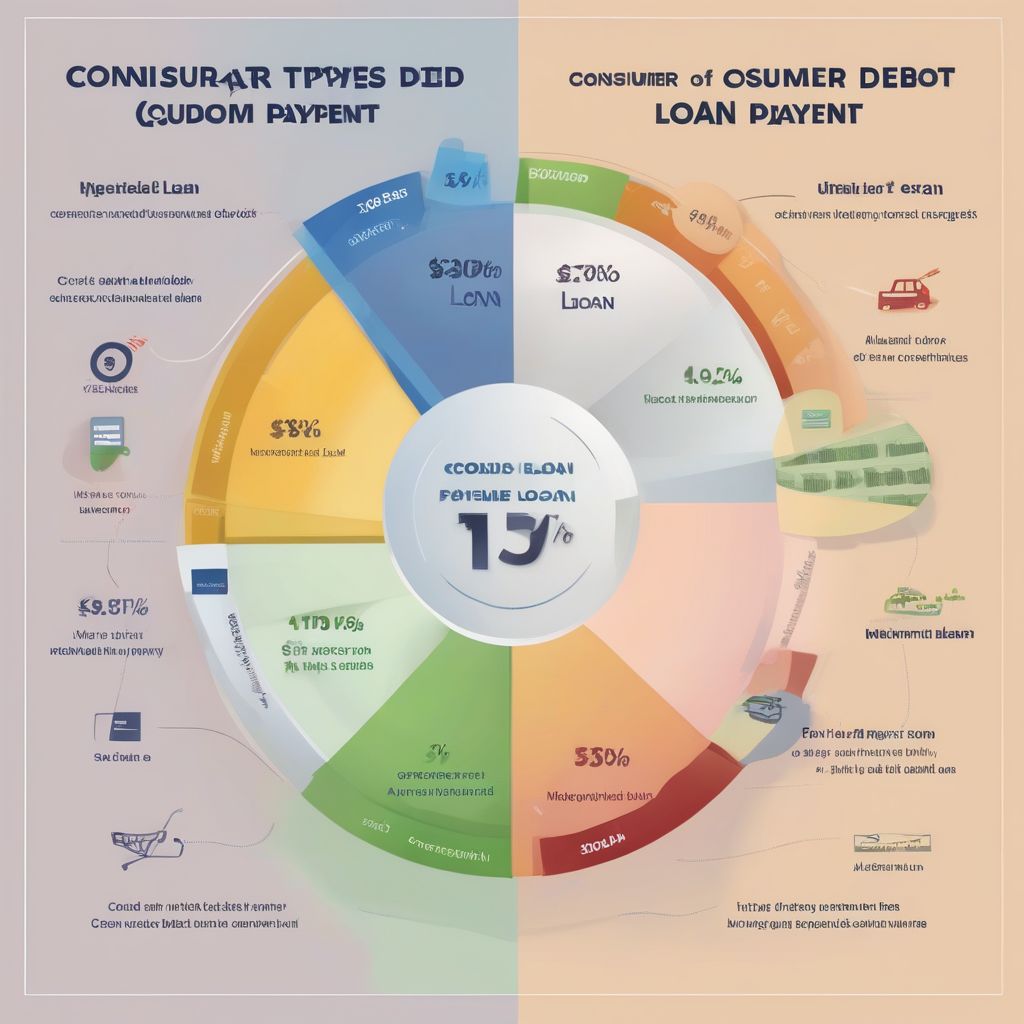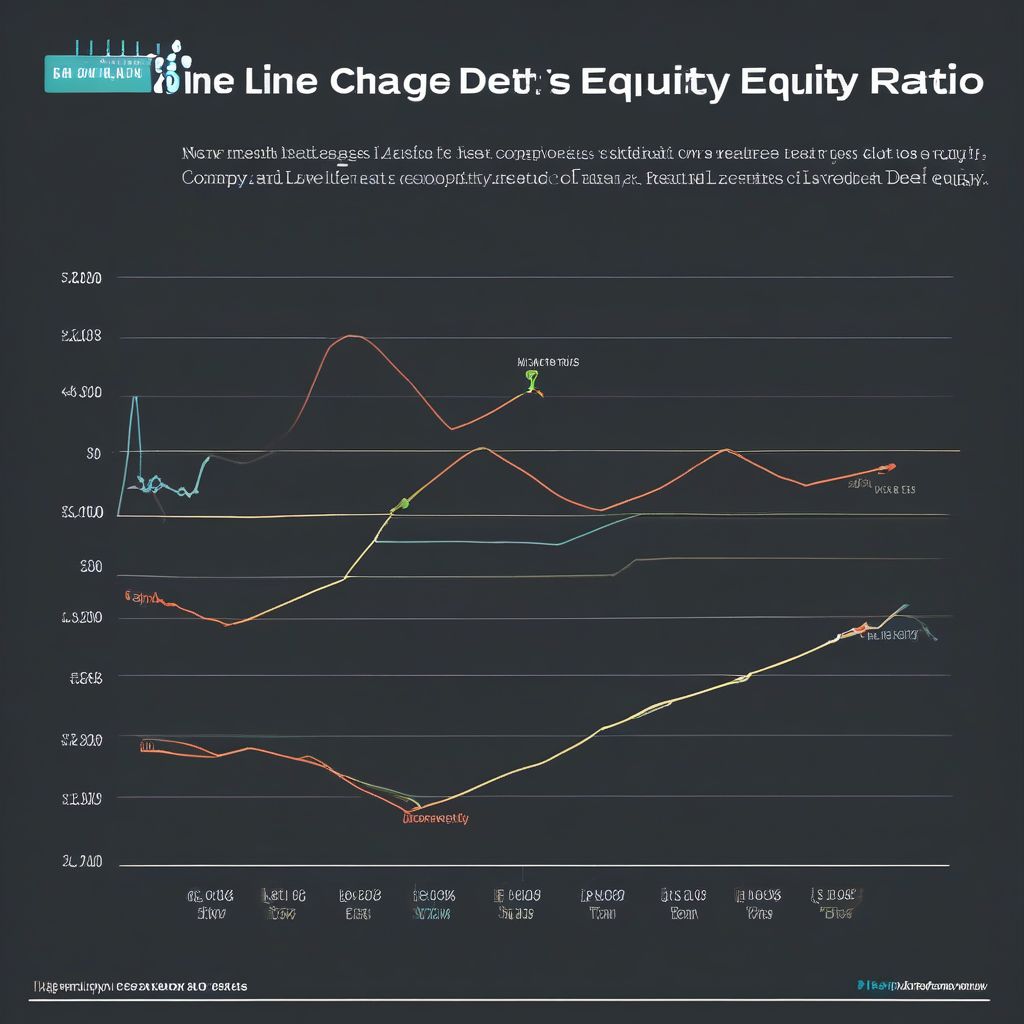In today’s economy, managing personal finances can be a complex endeavor. Juggling multiple credit card payments, often with high interest rates, can feel overwhelming. This is where credit card debt consolidation can be a valuable tool for individuals seeking to regain control of their finances. This article aims to provide a comprehensive understanding of credit card debt consolidation, its benefits, potential drawbacks, and the key factors to consider before taking the plunge.
What is Credit Card Debt Consolidation?
Credit card debt consolidation involves combining multiple high-interest credit card debts into a single new loan or credit card with a lower interest rate. By consolidating your debt, you simplify your monthly payments and potentially save significant money on interest charges over time.
Why Consider Credit Card Debt Consolidation?
Simplify Your Finances
Juggling multiple credit card payments with varying due dates and minimum amounts can be a recipe for missed payments and late fees. Consolidating your debt into a single payment simplifies your financial obligations, making it easier to stay on top of your bills.
Reduce Interest Charges
High-interest rates on credit cards can quickly erode your monthly payments, making it seem like you are barely making a dent in your principal balance. Consolidation often comes with a lower interest rate, allowing you to allocate more of your payments towards paying down the principal and saving money in the long run.
Improve Credit Score
Consistently making on-time payments on your consolidated debt can have a positive impact on your credit utilization ratio, a key factor in determining your credit score. A better credit score can open doors to more favorable interest rates on future loans and credit cards.
Common Questions About Credit Card Debt Consolidation
What are the Different Types of Debt Consolidation Options?
- Balance Transfer Credit Cards: Transfer your existing balances to a new card with a lower introductory interest rate, often for a promotional period.
- Personal Loans: Secure a fixed-rate loan from a bank or credit union and use the funds to pay off your credit cards.
- Home Equity Loans or Lines of Credit: Leverage the equity in your home to secure a loan or line of credit, typically with lower interest rates than credit cards.
What are the Eligibility Requirements for Debt Consolidation?
Lenders typically consider factors such as your credit score, debt-to-income ratio, and credit history when evaluating your eligibility for debt consolidation.
Are There Any Fees Associated with Debt Consolidation?
Some debt consolidation methods may involve fees, such as balance transfer fees or loan origination fees. Be sure to factor in these costs when comparing options.
Important Considerations Before Consolidating Your Debt
Interest Rates and Fees:
Carefully compare the interest rates and any associated fees of different consolidation options to ensure you are getting the best deal.
Credit Score Impact:
While debt consolidation can improve your credit score in the long run, opening new accounts or closing old ones can initially have a slight negative impact.
Long-Term Financial Goals:
Consider your long-term financial goals and ensure that debt consolidation aligns with your overall financial plan.
sonneriesvip.com/wp-content/uploads/2024/08/debt consolidation-66c5a8.jpg" alt="debt consolidation chart" width="1024" height="1024">debt consolidation chart
Conclusion
Credit card debt consolidation can be a powerful tool for simplifying your finances and potentially saving money on interest charges. However, it is essential to carefully weigh the pros and cons, consider your individual circumstances, and choose the option that best aligns with your financial goals. Remember to thoroughly research different lenders and compare interest rates, fees, and terms before making a decision. By taking a proactive approach to managing your debt, you can pave the way for a more secure financial future.
We encourage you to conduct thorough research and consult with financial advisors to determine the best course of action for your specific situation. Our website offers a wealth of information on various financial topics to empower you on your journey to financial well-being.



